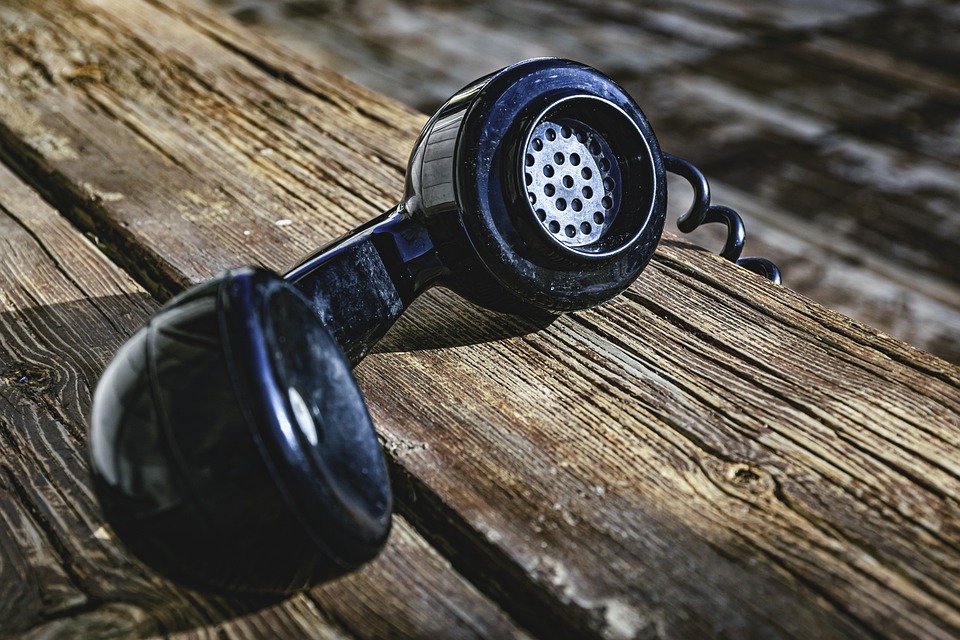Staying Hydrated in the Skies: Beat the Dehydration of Air Travel
Air travel can often leave passengers feeling dehydrated due to the low humidity levels inside the aircraft cabin. The dry air can lead to discomfort, fatigue, and even more serious health issues in some cases. However, staying hydrated during air travel is crucial for your well-being. In this article, we will explore effective strategies to beat the dehydration of air travel and ensure you arrive at your destination feeling refreshed.
Why does air travel lead to dehydration?
When you’re up in the skies, the humidity levels plummet to as low as 10-20%, which is significantly lower than the average humidity on the ground. This dry air can cause moisture to evaporate from your body at a faster rate, leading to dehydration.
The importance of staying hydrated during air travel
Dehydration can cause a wide range of discomforts during air travel, including dry skin, dry eyes, dry nasal passages, headache, fatigue, and even difficulty breathing for those with respiratory conditions. It can also exacerbate the symptoms of jet lag, making it more challenging for your body to adjust to a new time zone. By staying hydrated, you can minimize these negative effects and arrive at your destination feeling better.
Strategies to beat dehydration during air travel
1. Drink plenty of water before and during your flight
Start hydrating well before you board the plane. Drink a few extra glasses of water in the hours leading up to your flight to ensure your body is well-hydrated. Once onboard, continue to drink water regularly throughout the flight. It’s recommended to aim for at least 8 ounces (or 240 milliliters) of water every hour.
2. Avoid alcohol and caffeine during the flight
Alcohol and caffeine are diuretics, meaning they increase urine production and can contribute to dehydration. It’s best to avoid or minimize your intake of alcoholic and caffeinated beverages during the flight. Stick to water or herbal tea instead.
3. Use a hydrating facial mist or moisturizer
The dry air inside the cabin can cause your skin to become dry and dehydrated. Combat this by using a hydrating facial mist or moisturizer during the flight. A quick spritz or application can help replenish moisture and keep your skin feeling refreshed.
4. Opt for hydrating snacks
Pack some hydrating snacks in your carry-on bag. Fresh fruits like watermelon, oranges, and grapes are excellent choices as they contain high water content. Additionally, you can bring along sliced vegetables like cucumber or carrot sticks. These snacks not only help hydrate your body but also provide essential nutrients.
5. Use a nasal spray
The dry air can cause your nasal passages to become dry and uncomfortable. Using a saline nasal spray can help moisturize the nasal passages and alleviate any dryness or congestion. It’s especially beneficial if you suffer from allergies or sinus issues.
FAQs
Q: Can I bring my own water bottle through airport security?
A: You are generally not allowed to bring liquids through airport security, but you can bring an empty reusable water bottle and fill it up once you pass security. Many airports now offer water bottle filling stations to encourage passengers to stay hydrated.
Q: How can I tell if I’m dehydrated during a flight?
A: Signs of dehydration during a flight include thirst, dry mouth, dry skin, fatigue, dizziness, and dark-colored urine. It’s important to listen to your body and drink water regularly to prevent dehydration.
Q: Can I hydrate myself with other beverages like soda or juice?
A: While these beverages do contain water content, they also often contain sugars and other additives that may not be as beneficial for hydration. Plain water is still the best choice for staying hydrated.
Q: Are there any specific medical conditions for which hydration during air travel is especially important?
A: People with conditions such as diabetes or kidney stones, as well as pregnant women, may require extra attention to hydration during air travel. It’s always recommended to consult with a healthcare professional if you have any concerns.
Conclusion
Dehydration can dampen your air travel experience and leave you feeling drained upon arrival. By following the strategies outlined in this article and prioritizing hydration before and during your flight, you can beat the dehydration of air travel and arrive at your destination feeling refreshed and ready to enjoy your adventure.

